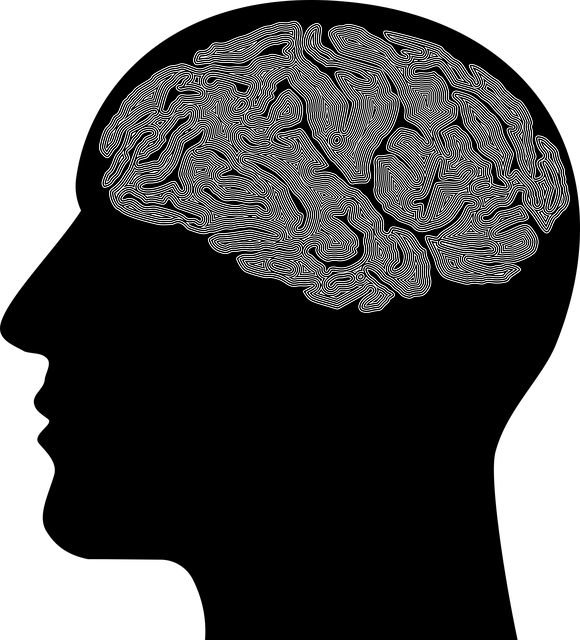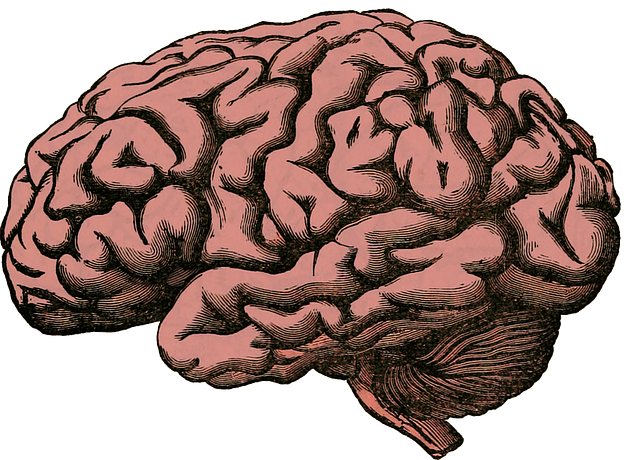Emotional Intelligence (EI) is a powerful tool for managing emotions, improving relationships, and enhancing job performance. Superior Anger Management Therapy, based on EI principles, helps individuals control anger constructively, leading to better relationships and quality of life by addressing emotional issues and boosting self-esteem. This therapy uses Mind Over Matter techniques and risk assessment to improve emotional regulation. Key strategies include mindfulness meditation, journaling, and empathy development, which foster understanding and connection. Effective communication, including active listening and non-verbal cue interpretation, is crucial for mental well-being and early depression detection. Integrating these practices into mental health initiatives, such as community outreach and therapy, strengthens relationships and supports overall emotional health, with Superior Anger Management Therapy playing a central role.
Emotional intelligence (EQ) is a game-changer in personal growth and overall well-being. This article guides you through cultivating EQ, offering practical strategies for a healthier, happier life. We explore key components like managing anger effectively with superior anger management therapy techniques, enhancing self-awareness, fostering empathy, and improving communication skills. By understanding the impact of EQ on daily interactions, relationships, and mental health, readers can embark on a journey to unlock their emotional potential.
- Understanding Emotional Intelligence and Its Impact on Well-being
- Identifying and Managing Anger: A Key Component of Emotional Intelligence
- Strategies for Enhancing Self-awareness in Daily Life
- The Role of Empathy in Building Strong Relationships
- Practicing Effective Communication for Better Emotional Connection
Understanding Emotional Intelligence and Its Impact on Well-being

Emotional intelligence (EI) refers to an individual’s ability to recognize, understand, and manage their own emotions, as well as perceive, interpret, and respond appropriately to the emotions of others. This includes a range of skills, such as self-awareness, empathy, social skills, and emotional regulation. A higher level of EI is associated with improved mental health and overall well-being. It helps individuals navigate challenging situations with more ease, fosters stronger relationships, and enhances job performance.
When it comes to managing anger, which is a common human emotion, superior anger management therapy leverages the principles of emotional intelligence. By improving self-esteem and boosting confidence through techniques tailored for emotional regulation, this approach enables individuals to handle anger constructively rather than reactively. This not only benefits personal relationships but also contributes to better mental health and overall quality of life.
Identifying and Managing Anger: A Key Component of Emotional Intelligence

Anger is a powerful emotion that, when left unmanaged, can lead to detrimental outcomes in both personal and professional settings. Identifying and managing anger effectively is a cornerstone of emotional intelligence development. Superior Anger Management Therapy leverages the Mind Over Matter principles to equip individuals with the tools needed to recognize and control their anger responses. Through this process, one learns to navigate life’s stressors without resorting to harmful behaviors or words.
Mental Health Policy Analysis and Advocacy plays a crucial role in promoting healthy anger management practices by advocating for accessible resources and support systems. Mindfulness Meditation is another valuable technique that fosters emotional awareness and enables individuals to respond rather than react to anger-provoking situations. By integrating these strategies, people can enhance their overall mental health and build stronger relationships, making it an essential component of any comprehensive Emotional Intelligence development program.
Strategies for Enhancing Self-awareness in Daily Life

Enhancing self-awareness is a cornerstone of emotional intelligence development. In daily life, individuals can cultivate this through practices that encourage introspection and reflection. One effective strategy involves incorporating Mindfulness Meditation into routines; this technique allows for increased focus on present emotions, helping to recognize and understand them without judgment. Additionally, engaging in regular self-reflection—whether through journaling or quiet contemplation—enables individuals to better comprehend their triggers, strengths, and weaknesses.
For those dealing with intense emotions like anger, Superior Anger Management Therapy offers valuable tools tailored for effective emotional regulation. This form of therapy goes beyond simple anger control by teaching clients to assess and manage their feelings in a healthy manner. By combining techniques from Risk Assessment for Mental Health Professionals with the Mind Over Matter Principles, individuals can develop a profound understanding of their emotional responses, leading to more balanced and intelligent decision-making in challenging situations.
The Role of Empathy in Building Strong Relationships

Empathy is a cornerstone in building strong relationships, fostering an environment of understanding and support. It involves recognizing and sharing the feelings of others, which goes beyond mere compassion; it’s about actively listening and connecting on a deeper level. When individuals develop empathy, they become more attuned to the emotions of their peers, family, and colleagues, enabling them to offer tailored support and strengthen bonds.
This skill is particularly beneficial in various settings, including community outreach programs and social skills training. By incorporating empathy, participants can enhance their interactions, improve communication, and foster a sense of belonging. Moreover, integrating empathy into mental health awareness initiatives can significantly contribute to effective anger management therapy, as it promotes non-violent conflict resolution and strengthens the therapeutic bond between clients and therapists.
Practicing Effective Communication for Better Emotional Connection

Effective communication is a cornerstone of building emotional intelligence and fostering deep connections with others. It involves active listening, where individuals fully concentrate on the speaker’s words and emotions, allowing for a better understanding of their feelings and perspectives. This skill enables people to recognize and acknowledge their own emotions as well as those of others, which is crucial in managing anger effectively through therapy. Superior Anger Management Therapy often emphasizes coping skills development, teaching individuals how to respond rather than react, thereby reducing potential harm.
By practicing open and honest communication, one can create a safe space for expressing feelings, providing support, and fostering empathy—all essential elements for mental well-being. This process involves understanding non-verbal cues, such as body language and tone of voice, which play a significant role in conveying emotions. In the context of depression prevention, effective communication can help identify early signs and symptoms, enabling timely interventions. Moreover, it strengthens relationships by promoting a sense of belonging and understanding, crucial factors in mitigating mental health risks as assessed by mental health professionals.
Emotional intelligence is a powerful tool for enhancing well-being and fostering meaningful connections. By understanding and managing emotions, such as anger through superior anger management therapy, and cultivating self-awareness, empathy, and effective communication, individuals can navigate relationships with greater ease. These strategies not only promote personal growth but also create a ripple effect of positivity in all aspects of life.














